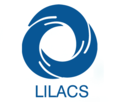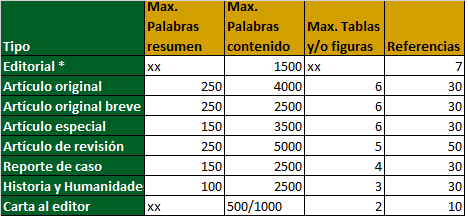Ética
1. En las publicaciones científicas
2. Investigaciones experimentales en humanos y animales
3. Consentimiento informado
1. En las publicaciones científicas
La Revista Peruana de Ciencias de la Salud se ajusta a los estándares de ética estipulado por el Comité Internacional de Ética en las Publicaciones Científicas, cuyas recomendaciones se encuentran en el Código de Conducta y Directrices de Mejores Prácticas para Editores de Revistas. Dicha información se encuentra disponible en: http://publicationethics.org
La Revista Peruana de Ciencias de la Salud tiene una política de detección de faltas éticas de publicación como: plagio, autoría ficticia, cambios de autoría, publicación redundante, manipulación de datos, y conflicto de interés no revelado.
En caso se detecte alguna falta ética de publicación se rechazará o retractará el artículo y se tomará las medidas recomendadas por el Comité Internacional de Ética en las Publicaciones Científicas que contempla la información de la falta al autor, a los demás autores, a la institución donde pertenece, a sus superiores, a la entidad fuente del financiamiento, al comité de ética de su institución, a otras revistas científicas y otras autoridades. Se utilizará un software informático para fines de detección de faltas éticas en publicación.
2. Investigaciones experimentales en humanos y animales
Los artículos que describen experimentos realizados en seres humanos, deben indicar si los procedimientos seguidos estuvieron de acuerdo a las normas éticas del Comité de Ética institucional o regional (debe contar con la carta de aprobación del comité de ética de la institución o ente autorizado), y a la Declaración de Helsinki. En el Perú, las normas a seguir para la experimentación en seres humanos, se encuentran establecidas en el Reglamento de Ensayos Clínicos en el Perú (Decreto Supremo N° 021-2017-SA).
No se deben mencionar los nombres de los pacientes (Se debe garantizar el anonimato de los pacientes y/o participantes en el artículo. Etc), sus iniciales, o número de historia clínica, ni en general datos que permitan identificar a los sujetos de estudio. Se deben enmascarar las características reconocibles de las fotografías de personas identificables.
Para la experimentación en animales, los autores tendrán en consideración las normas internacionales de uso de animales de experimentación, en particular las recomendadas por la Office of Animal Care and Use of National Institutes of Health (http://www.uss.cl/wp-content/uploads/2014/12/Gui%CC%81a-para-el-Cuidado-y-Uso-de-los-Animales-de-Laboratorio.pdf).
Dicha experimentación debe ser minuciosamente detallada en la sección de materiales y métodos.
3. Consentimiento informado
De acuerdo a las Guías de Ética del American College of Epidemiology (ACE) 2000, el consentimiento informado es un proceso mediante el cual se proporciona información suficiente al participante potencial para poder tomar una decisión acerca de participar o no en la investigación.
La información que recibe el participante en el consentimiento informado debe estar en lenguaje simple, ser comprensible, y contener detalles acerca de posibles beneficios, riesgos, que pudieran ocurrir como posible consecuencia de los procedimientos. Se debe ejecutar respetando la libertad y autonomía del sujeto de investigación.
Se debe utilizar un formato por escrito para dar constancia del consentimiento informado, este debe estar firmado por el participante o su representante legal. Este consentimiento debe de haber sido aprobado por un comité de ética en investigación.
La Revista Peruana de Ciencias de la Salud requiere que todos los artículos que involucren investigación en seres humanos declaren explícitamente que se obtuvo el consentimiento informado, además de definir en qué momento se solicitó y proporcionar detalles de cómo se llevó a cabo; esto se debe incluir en la sección de Materiales y Métodos (o equivalente de acuerdo al tipo de estudio).
En el caso de los Reportes de Caso, los autores deben declarar si cuentan con el consentimiento informado del paciente o los familiares responsables. Si no es posible obtener el consentimiento informado del paciente o los familiares responsables por algún motivo válido, se debe contar con la aprobación de un comité de ética para realizar la investigación.
Para los reportes de caso, el consentimiento informado debe incluir el permiso para la publicación del mismo y sus fotografías en revistas u otras formas de publicación científica. De manera adicional, los autores deben contar con los permisos del jefe del Departamento o servicio del hospital o equivalente para la publicación del reporte.





















